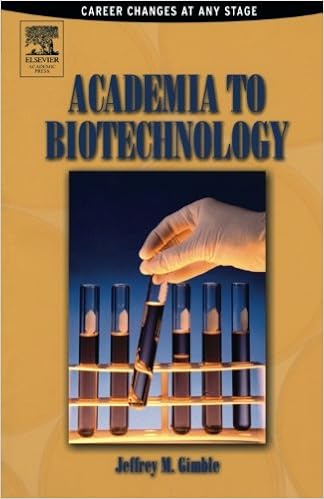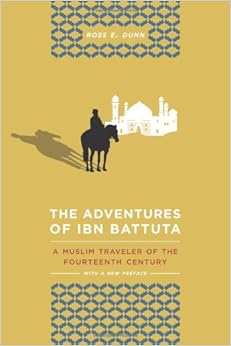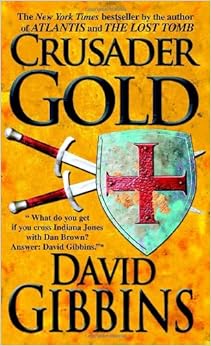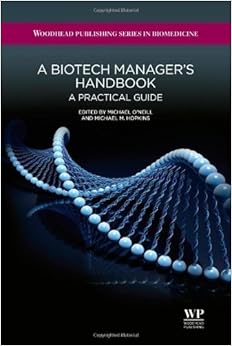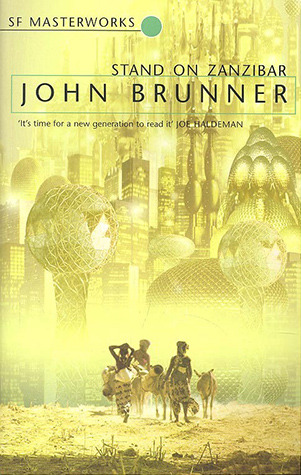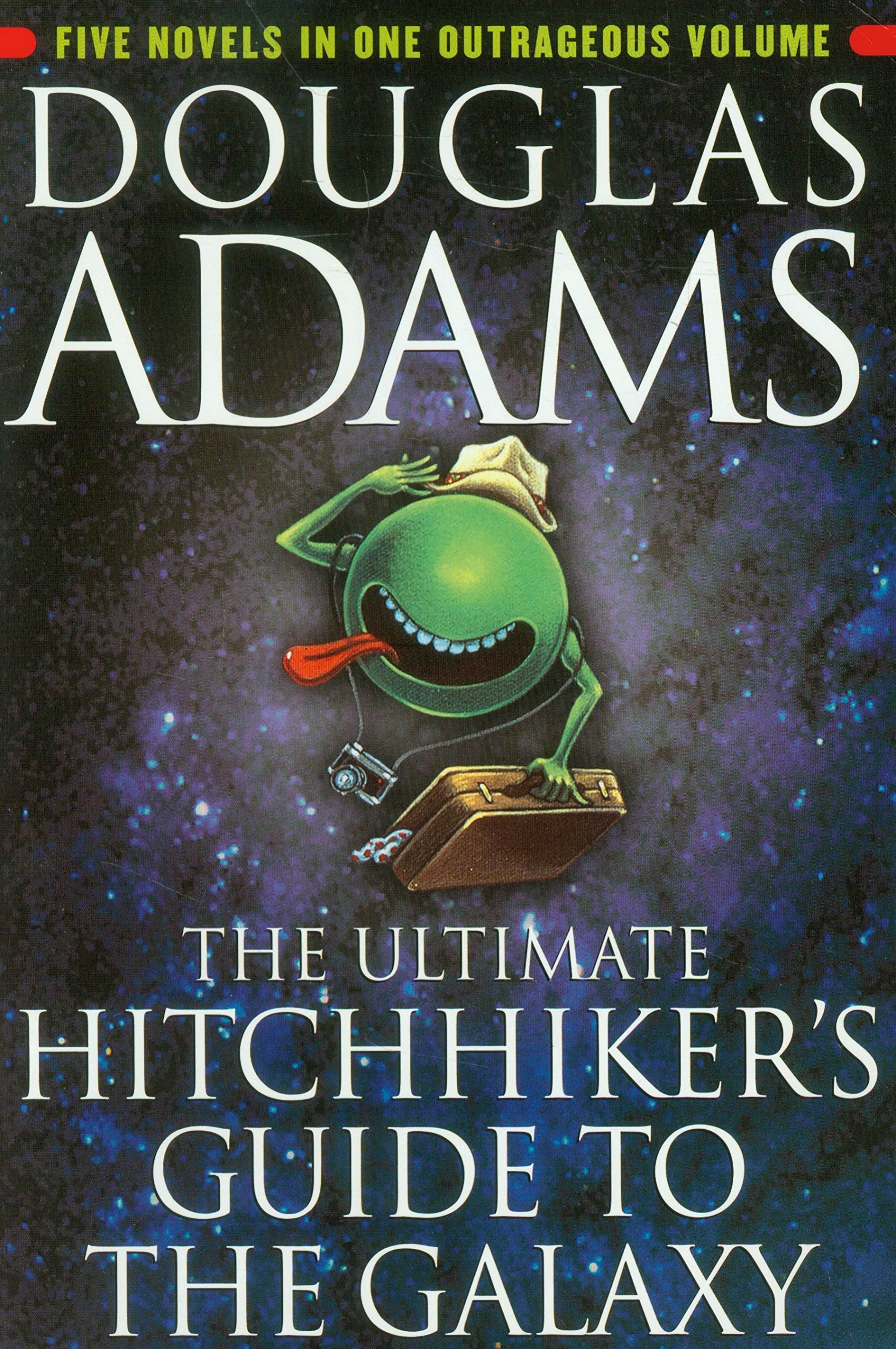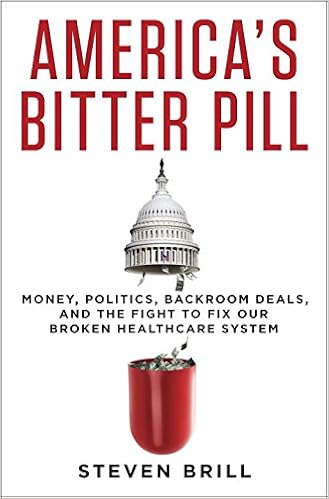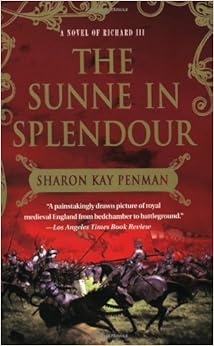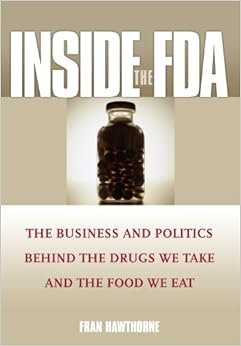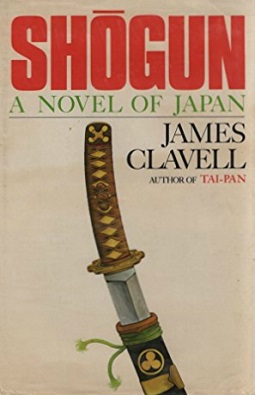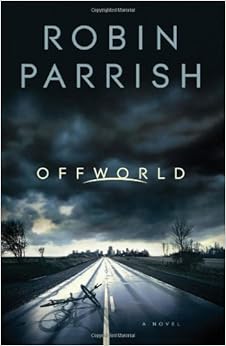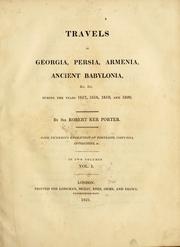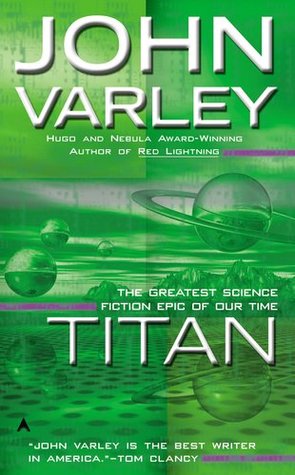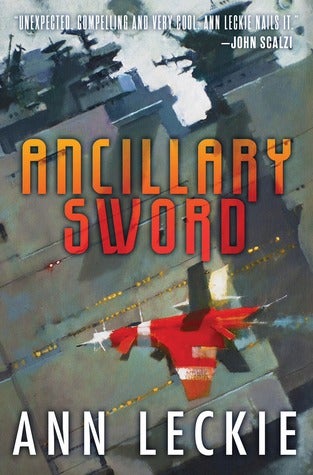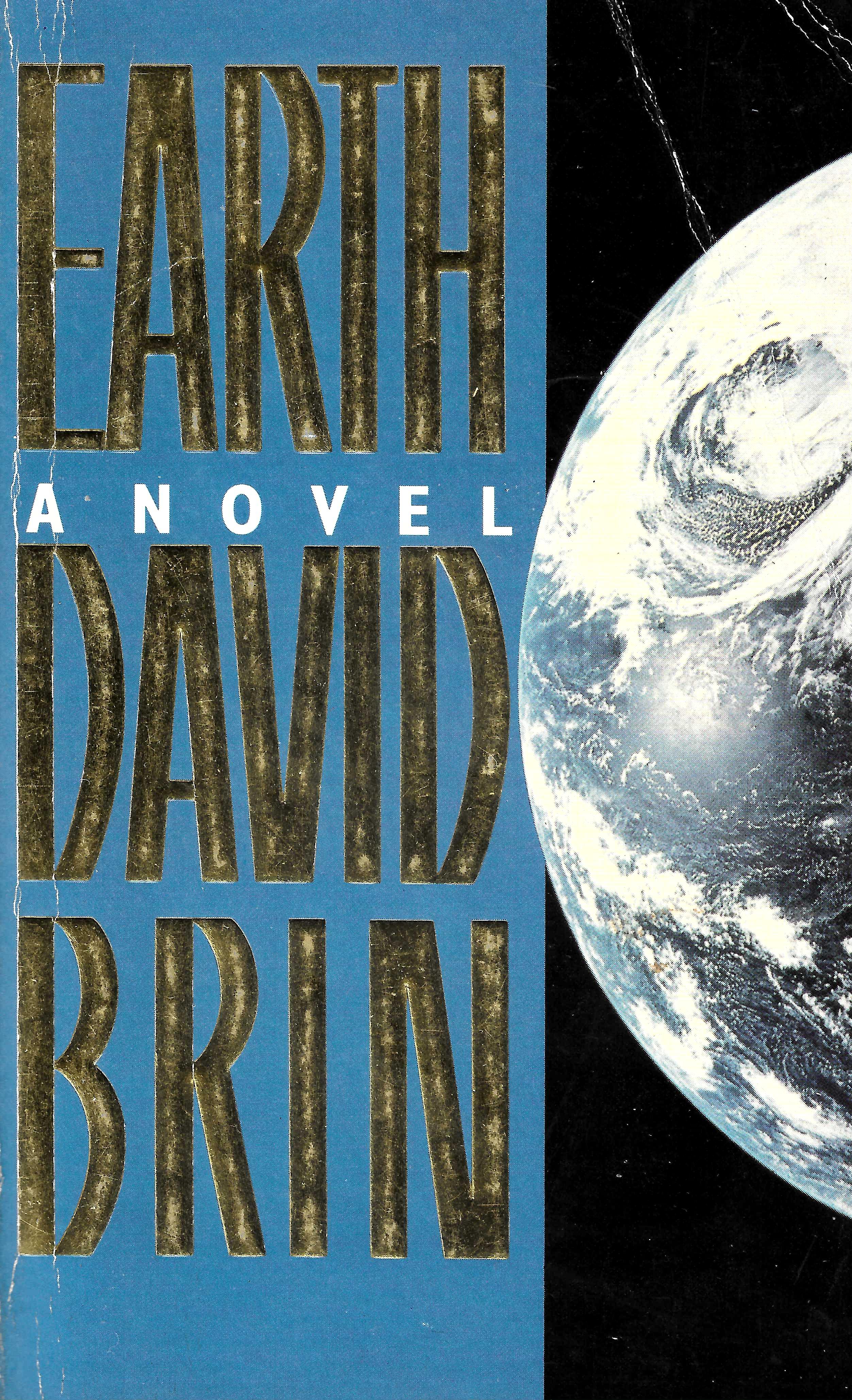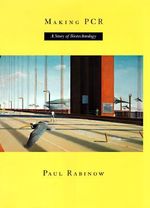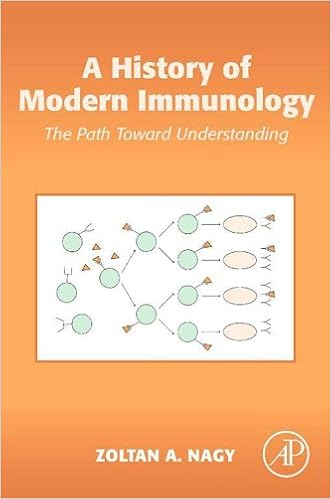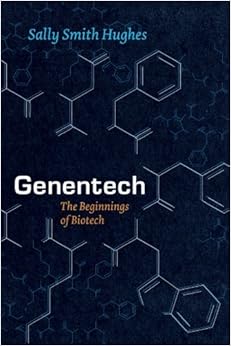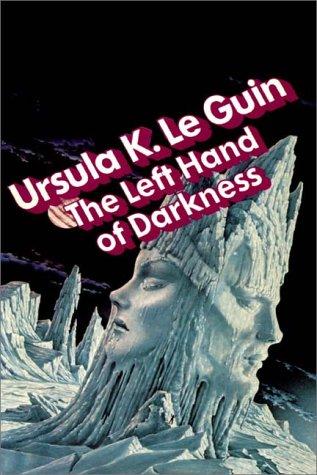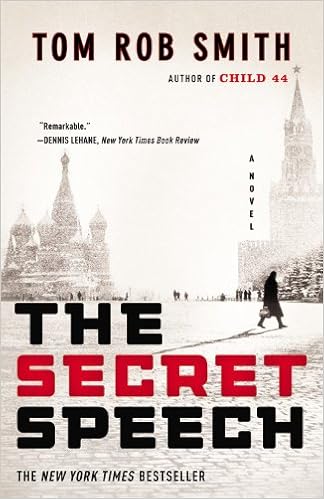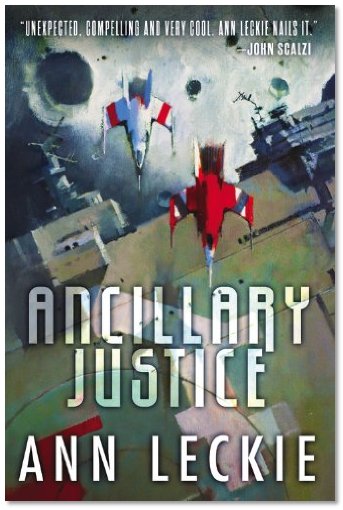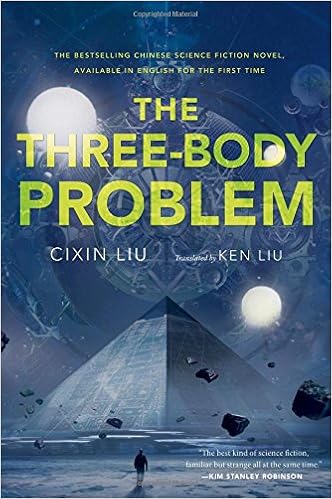Historical novels are my favorite reading subject. I am especially like novels that "naturally" fill the holes in the historical records and brings out the story that sounds authentic.
Georgia is a relatively tiny country south of Caucasian mountains. For the most of its existence, Georgia (also referred as east Iberia, or Iveria) was ruled by Bagrationi royal family (~ 800 AD - 1810 AD). Some people claim that Bagrationi royal family was the longest ruling royal family in the world (~ 1000 year rule). I don't know enough world history to support this claim.
Of course, when country has such long ruling royal family you can expect all kind of variations in its sovereigns' ruling characters. However, we have limited and occasionally controversial historical records with the regard to Georgian sovereigns. Since Mongol invasions of 13th century, Kingdom of Georgia underwent so many cataclysmic events that it is quite remarkable that Georgian nation could survive and maintain its autonomous or semi-autonomous existence to these days.
In this respect, 13th century stands as a watershed moment in Georgian history. It is time when Georgia kingdom reached its maximum power and then lost and never again recovered fully (to these days its disintegration continues).
This is a novel that tells the story of Georgian King Giorgi IV Lasha. He ruled Georgia from 1213 to 1223. Surviving Georgian chronicles describe him in a very negative terms. Records show him as someone who used to drink a lot with his close buddies, spent too much time with women and in the royal hunting, and more importantly he did not listen to the state's advisory council and acted in a selfish manner. Though he was open minded and good-natured, he was weak-willed and easily influenced by the court's intrigues.
However, he is mainly remembered for one thing, wonderfully described in this novel: he fell deeply in love with a married woman and against all common senses, took her from her husband. Not much is known about this woman except that it is said that she was of "low birth" and married. But the fact is that while living with the King, she gave a birth to a son who later will rule Georgia during Mongol period (and his descendants will rule Georgia until 19th century).
In the end, this unwise act by Giorgi IV Lasha (to steal someone's wife) sealed his fate in Georgian history. Chronicle tells us that after some time Georgian nobility and church representatives forced Giorgi IV Lasha to give up a woman and let her go. He never married and died soon after from wounds received during the battle with mongols.
The novel is, of course, a fiction. But it is based on few real facts. I think the author managed to successfully describe 13th century Georgia and Lasha's personality and his relationship to his subjects.
There is some historical inaccuracies in this novel (I read it in Russian translation), for example, talking about Saladin as if he was still alive in 1221 and ruled over the Palestine and controlled Jerusalem.
posted by David Usharauli
Tweet
However, he is mainly remembered for one thing, wonderfully described in this novel: he fell deeply in love with a married woman and against all common senses, took her from her husband. Not much is known about this woman except that it is said that she was of "low birth" and married. But the fact is that while living with the King, she gave a birth to a son who later will rule Georgia during Mongol period (and his descendants will rule Georgia until 19th century).
In the end, this unwise act by Giorgi IV Lasha (to steal someone's wife) sealed his fate in Georgian history. Chronicle tells us that after some time Georgian nobility and church representatives forced Giorgi IV Lasha to give up a woman and let her go. He never married and died soon after from wounds received during the battle with mongols.
The novel is, of course, a fiction. But it is based on few real facts. I think the author managed to successfully describe 13th century Georgia and Lasha's personality and his relationship to his subjects.
There is some historical inaccuracies in this novel (I read it in Russian translation), for example, talking about Saladin as if he was still alive in 1221 and ruled over the Palestine and controlled Jerusalem.
posted by David Usharauli

